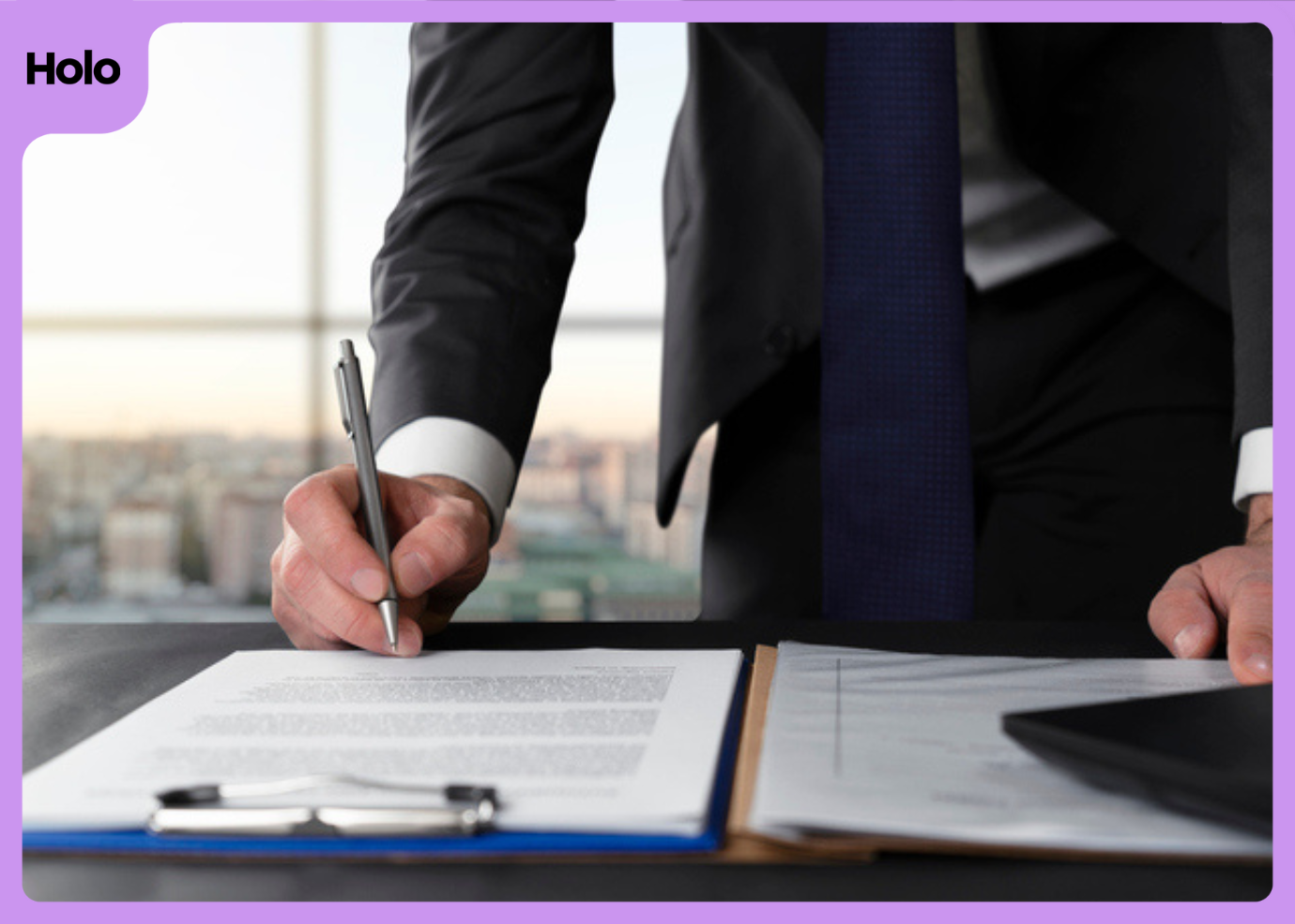
Thinking about buying a home? We've got you covered
Get expert advice today
Thinking about buying property in Dubai but worried about getting a mortgage as a non-resident? Good news- it's entirely possible! Dubai's real estate market is open to international buyers, and you can secure a mortgage even if you don't live in the UAE. Let's walk through the entire process, step-by-step, so you know exactly what to expect.
Can you buy property in Dubai as a non-resident?
Yes, you can! Dubai allows non-residents to purchase property in designated freehold areas. That means you own the property outright, with no restrictions on how long you can keep it.
Here are some popular freehold areas you should check out:
- Dubai Marina
- Palm Jumeirah
- Downtown Dubai
- Jumeirah Lake Towers (JLT)
- Business Bay
These spots are highly sought after because of their prime locations and high rental yields. If you're looking for a solid investment, these are great places to start.
What types of mortgages can you get as a non-resident?
When it comes to mortgages in Dubai, you've got a few options. Each type has its pros and cons, so it's essential to choose the one that fits your financial situation best.
Here's a quick breakdown of your mortgage options:
- Fixed-rate mortgages: Your interest rate s tays the same for a set period, which makes budgeting easier.
- Variable-rate mortgages: The interest rate can change based on market conditions, which might impact your monthly payments.
How much can you borrow as a non-resident for your mortgage?
As a non-resident, you can typically borrow 60%-50% of the property's value. That means you'll need to put down a down payment of 40%-50% upfront.
What do banks look for when you apply?

If you're serious about getting a mortgage, you'll need to meet specific eligibility criteria. Here's what banks in Dubai usually look for:
- Proof of Income: You'll need to show your salary slips, bank statements (from the last 6-12 months), and an employment letter.
- Credit History: Your credit score from your home country matters. The better your score, the higher your chances of approval.
- Down Payment: Expect to pay at least 40%-50% of the property's value upfront.
- Age Limit: Banks usually require you to be between 21 and 65-70 years old at the time your loan is fully paid off.
- Employment Stability: Banks prefer borrowers with steady jobs and consistent income. If you're self-employed, expect stricter requirements.
Step-by-step guide to obtain a mortgage as a non-resident
Here's the step-by-step process to help you secure a mortgage and buy your dream property in Dubai.
Follow these steps to get started:
Speak to a mortgage consultant
Your first move should be connecting with a Dubai-based mortgage consultant. They'll walk you through all the available mortgage options and help you narrow down the best ones based on your financial situation. Having a consultant on your side can save you a ton of time and effort, especially since there are so many mortgage products and providers in Dubai.
Select a mortgage that fits your needs
Once you've explored your options with the consultant, choose a mortgage product that suits your financial circumstances and long-term goals. Make sure to consider things like fixed vs. variable rates, repayment terms, and any hidden fees.
Apply for pre-approval
The next step is getting pre-approved for your mortgage. You'll need to submit key documents like passport copies, proof of income, and a credit report from your home country. The bank will review your application and issue a pre-approval letter if everything checks out. This letter confirms that the bank is willing to lend you the money and shows sellers that you're a serious buyer.
Find your dream property
Now it's time to find the right property. Work with an experienced property expert who knows the Dubai market inside and out. They'll help you find a property that matches your budget and needs.
Negotiate and agree on the purchase price
Once you've found a property, your agent will handle the negotiation process. Make sure you and the seller agree on a fair purchase price before moving forward.
Pay the Property Deposit
After agreeing on the price, you'll need to pay a deposit to secure the sale. This step is crucial to lock in the deal.
Complete the Mortgage and Property Transfer
Finally, work with your mortgage consultant and a conveyancer to complete both the mortgage process and the property transfer. They'll handle the paperwork and ensure that everything is legally binding and correctly registered with the Dubai Land Department.
What extra costs should you expect?
It's important to budget for more than just your down payment. Here are the other costs you'll need to cover.
Common costs to keep in mind:
- Down Payment: Usually between 40%-50% of the property's value.
- Mortgage Registration Fee: 0.25% of the loan amount, payable to the Dubai Land Department.
- Property Transfer Fee: 4% of the property's value, also payable to the Dubai Land Department.
- Valuation Fee: Expect to pay AED 2,500 - AED 4,000 for a valuation report.
- Broker Fees: If you work with a real estate broker, they'll typically charge 2% of the property price.
- Bank Processing Fees: Usually around 1% of the loan amount.
Which banks should you consider?
Several banks in the UAE offer home loans for non-residents. Each bank has its own eligibility criteria and mortgage products, so it's important to do your research and compare options to find the best fit for your needs.
Top banks for non-resident mortgages:
Here are some banks that offer home loans to non-residents:
- Dubai Islamic Bank: Offers a variety of Sharia-compliant mortgage products.
- HSBC: Known for flexible repayment terms, especially if you have an existing relationship with HSBC.
- Abu Dhabi Islamic Bank (ADIB): Provides competitive rates and Sharia-compliant home financing options.
- First Abu Dhabi Bank (FAB): Offers a range of mortgage products, including fixed and variable rates.
- Emirates Islamic Bank: Provides home financing options tailored to non-residents.
- Ajman Bank: Focuses on providing competitive rates for non-resident buyers.
- Standard Chartered: Offers mortgage products to both residents and non-re sidents with flexible terms.
By working with these banks and understanding their requirements, you can find a mortgage that suits your financial situation. It's essential to do your due diligence and consult with a mortgage broker or consultant to ensure you get the best possible deal.
What are the pros and cons of having a mortgage as non-resident?
Before you dive in, it's good to weigh the benefits and potential downsides.
Pros:
- Access to one of the world's most exciting real estate markets.
- High rental yields in popular areas.
- Long-term investment with no property taxes.
Cons:
- You'll need a higher down payment than residents.
- Stricter eligibility criteria.
- Currency exchange risks if your income is in another currency.
How can you boost your chances of approval?
Getting a mortgage as a non-resident can be tricky, but you can improve your chances by following these tips:
Tips to get approved:
- Get Your Documents in Order: Make sure you have everything the bank needs to avoid delays.
- Work on Your Credit Score: Pay off debts and improve your credit score before applying.
- Use a Mortgage Broker: A broker can help you find the best deals and navigate the application process.
- Pick a High-Rental Property: A property with strong rental potential can improve your loan terms.
What challenges might you face?
Non-residents face unique hurdles when applying for a mortgage. Here's how to handle them:
Common challenges:
- Higher interest rates:
- Difficulty proving income from abroad.
- Longer approval times.
How to overcome them:
- Work with banks that have experience dealing with non-resident clients.
- Make sure your paperwork is complete and accurate.
- Use a broker to make the process smoother.
Final thoughts: Is it worth it?
If you're serious about investing in Dubai's property market, getting a mortgage as a non-resident is absolutely worth it. With high rental yields and no property taxes, Dubai offers excellent long-term investment opportunities. Just make sure you do your homework, prepare your documents, and work with the right bank or broker to make the process as smooth as possible.
Ready to take the next step? Start researching mortgage options today and make your Dubai property dreams a reality.
Related articles

Mortgage Registration in Dubai: Process, Requirements And Fees Explained

Buying vs Renting in the UAE: Which One Is Better for You?


